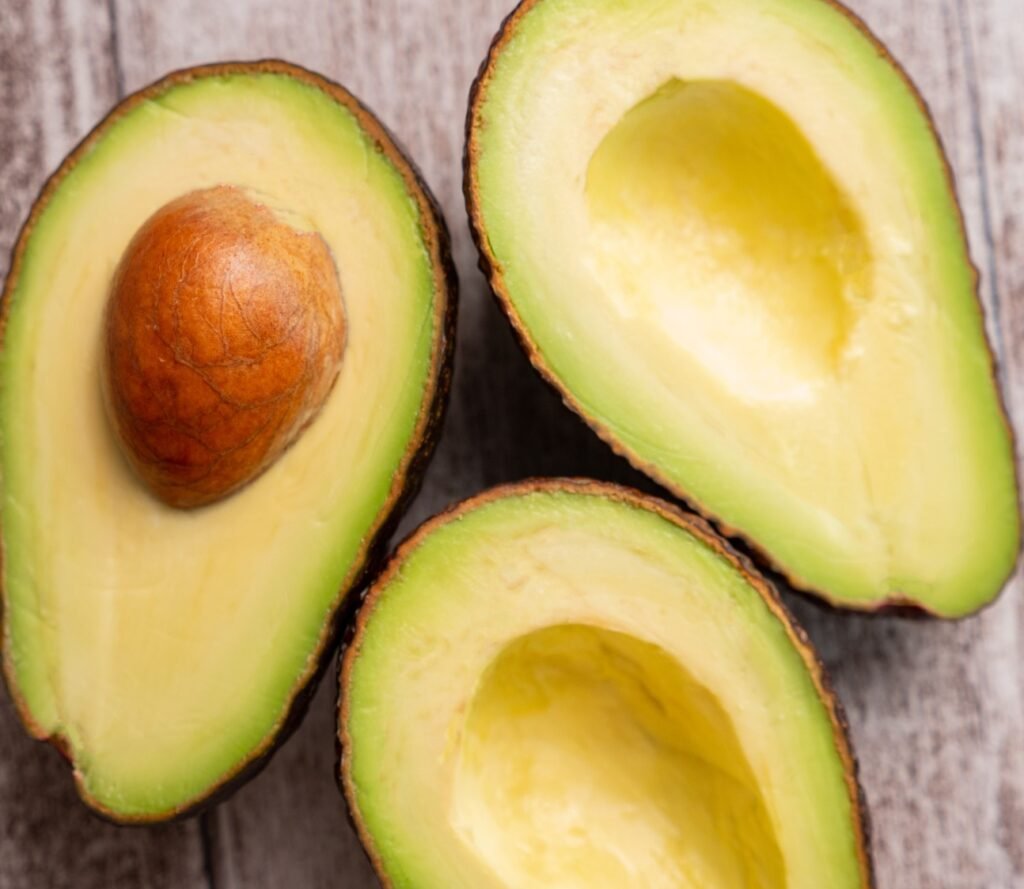Avocado farming isn’t just a livelihood; it’s a meticulous craft that requires dedication, expertise, and a deep understanding of nature’s rhythms. From the sun-kissed orchards of California to the lush groves of Mexico, avocado cultivation is an intricate dance between human hands and Mother Earth. Let’s delve into the fascinating world of avocado farming and explore the sustainable practices that shape this industry.

1 ![]() . Ideal Growing Conditions:
. Ideal Growing Conditions:
Avocado trees thrive in subtropical and tropical climates, preferring well-drained soil and ample sunlight. Regions with mild winters and moderate summers, such as California, Mexico, and parts of South America, provide optimal conditions for avocado cultivation.
2 ![]() . Propagation and Planting:
. Propagation and Planting:
Avocado trees are typically propagated from seeds or grafted onto rootstocks to ensure desirable traits and optimal growth. Farmers carefully select rootstocks suited to their specific soil and climate conditions before planting young avocado trees in orchards.
3 ![]() . Water Management:
. Water Management:
Avocado trees have moderate to high water needs, requiring consistent irrigation, especially during the critical flowering and fruit-setting stages. Many avocado farms implement efficient irrigation systems, such as drip irrigation, to conserve water and minimize wastage.
4 ![]() . Pest and Disease Management:
. Pest and Disease Management:
Like any crop, avocados are susceptible to pests and diseases that can affect tree health and fruit yield. Integrated pest management (IPM) strategies, including biological controls and environmentally friendly pesticides, are employed to manage pests while minimizing environmental impact.
5 ![]() . Harvesting and Post-Harvest Practices:
. Harvesting and Post-Harvest Practices:
Avocado harvesting is a delicate process, as fruits are hand-picked to ensure optimal ripeness and quality. Post-harvest practices, such as careful handling, proper storage, and temperature control, play a crucial role in maintaining fruit freshness and extending shelf life.
6 ![]() . Sustainable Farming Practices:
. Sustainable Farming Practices:
Many avocado farms prioritize sustainability initiatives to minimize their ecological footprint and promote long-term environmental health. Practices such as soil conservation, organic farming methods, and wildlife habitat preservation contribute to a more sustainable avocado industry.
Why Avocado Farming Matters:
Economic Impact: Avocado farming sustains livelihoods for millions of farmers worldwide and drives economic growth in producing regions.
Nutritional Security: Avocados are a valuable source of essential nutrients, contributing to global food security and nutrition.
Environmental Stewardship: Sustainable avocado farming practices help protect natural resources, preserve biodiversity, and mitigate climate change effects.
Avocado farming is a delicate balance between tradition and innovation, where farmers steward the land with care and passion to bring forth nature’s bounty. By embracing sustainable practices and respecting the rhythms of the earth, avocado farmers cultivate not just a fruit but a legacy of nourishment and sustainability for generations to come.
____________________________________________________![]() Best Agricultural Supplier For Export and Import
Best Agricultural Supplier For Export and Import
Vlux Vietnam Import Export Company Limited
Mobile/Whastapp/Wechat: +84 35 939 9345
www.vluxexim.com
Address: No. 58A Vo Van Dung Street, O Cho Dua Ward, Dong Da District, Hanoi City, Vietnam
#agriculturals #agriculturalVietnam #FlavorProfiles #VluxVietnam


